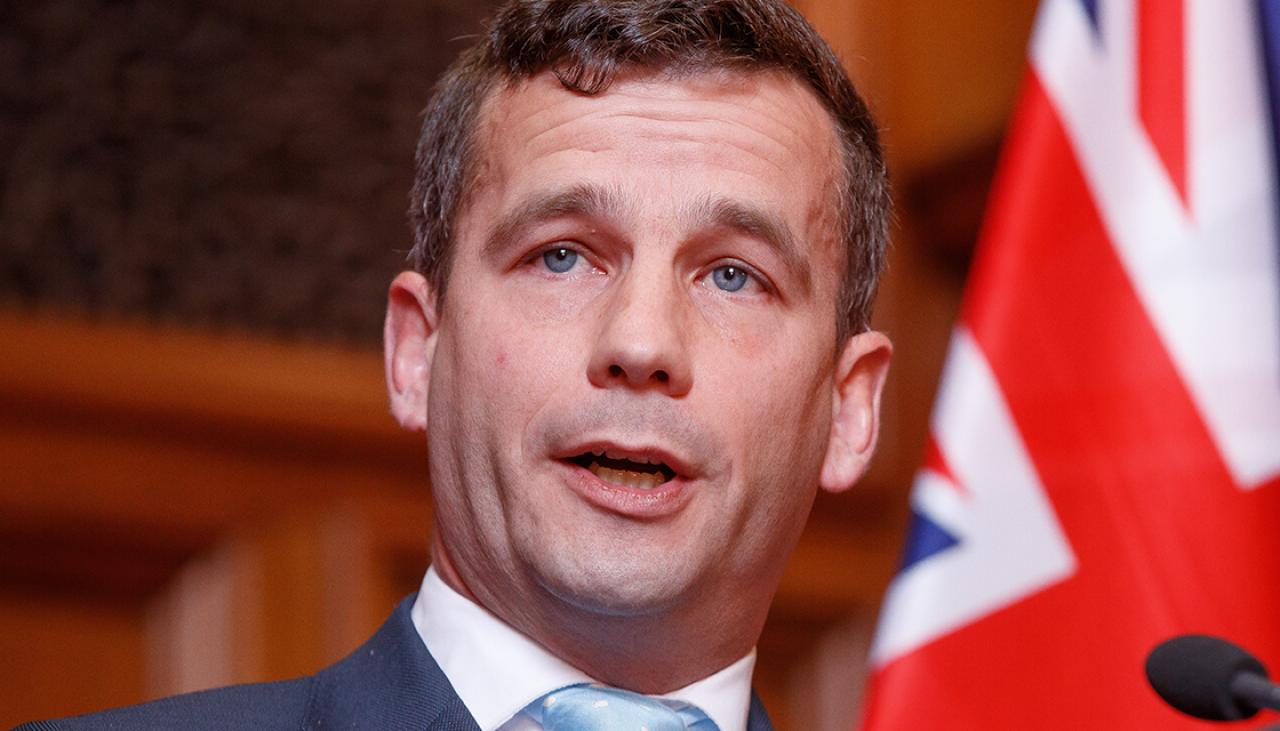Recent confidential briefings reveal that officials warned the government about potential threats to social cohesion posed by the proposed Treaty principles, which lacked expert endorsement.
The Government’s plan to define the principles of the Treaty of Waitangi has become a contentious political issue. A recent Waitangi Tribunal inquiry examined the proposal, revealing confidential policy briefings from officials to ministers—documents the Tribunal has now made public.
David Seymour, Associate Justice Minister and architect of the proposal, expressed frustration over the Tribunal’s decision to release the documents. “I think it is more respectful to the people in a democracy that a Government they elected is actually able to get on with the job, rather than someone unelected sticking their oar in.
The Chief Judge’s memorandums indicated skepticism towards the Crown’s argument for withholding the documents. The Crown argued that as the policy was still in development, there was a public interest in keeping the documents confidential. However, the judge countered that restricting access to the documents would hinder the Tribunal’s ability to refer to them, contradicting the principle that justice must be seen to be done.
The briefings, based on ACT’s proposed principles, emphasize the rights of all New Zealanders, not just Māori. The proposed principles are as follows:
- Article 1: The New Zealand Government has the right to govern all New Zealanders.
- Article 2: The New Zealand Government will honour all New Zealanders in the chieftainship of their land and all their property.
- Article 3: All New Zealanders are equal under the law with the same rights and duties.
Seymour argued that true equality and democracy could not exist if one group had political rights that others did not. “What sort of successful society do you have when one group has political rights that the rest don’t have? That’s not equality and that’s not democracy,” Seymour said.
However, officials and experts have criticized this interpretation. In a December briefing to Justice Minister Paul Goldsmith, officials stated that ACT’s description of the principles “differs significantly from current understandings within the Crown, Courts, and Waitangi Tribunal.” They noted, “This appears to be a novel interpretation of Article 2 as we are not aware of any support for it in legislation, judicial interpretation or expert opinion.”
Law lecturer Luke Fitzmaurice-Brown went further, describing some of the principles as closer to a fabrication. Seymour acknowledged the differing views, stating, “There are people who have different views, but I think that is healthy. My view is that the Treaty gives the same rights to all New Zealanders.”
Despite officials’ concerns that the policy could generate division and threaten social cohesion, Seymour defended the need for a national conversation about the Treaty. “To politely and respectfully debate our future, that actually leads to greater understanding,” he said.
The briefings also indicated that officials doubted the proposed principles would facilitate a constructive national conversation. They warned, “We are concerned that there is a substantial risk the Bill could generate further division, which poses a threat to social cohesion and could undermine legitimacy and trust in institutions.”
Fitzmaurice-Brown emphasized that while a national conversation about the Treaty is not inherently problematic, the specific conversation proposed by ACT is “detached from reality.”
Seymour remains committed to sparking dialogue, but he noted that ACT’s principles are merely a starting point and hinted at ongoing developments. “Despite the Waitangi Tribunal effectively leaking this, I do have to be respectful of my Cabinet colleagues,” Seymour said.
The controversy underscores the complexities and sensitivities surrounding the interpretation and application of the Treaty of Waitangi in modern New Zealand, highlighting the balance between historical principles and contemporary governance


